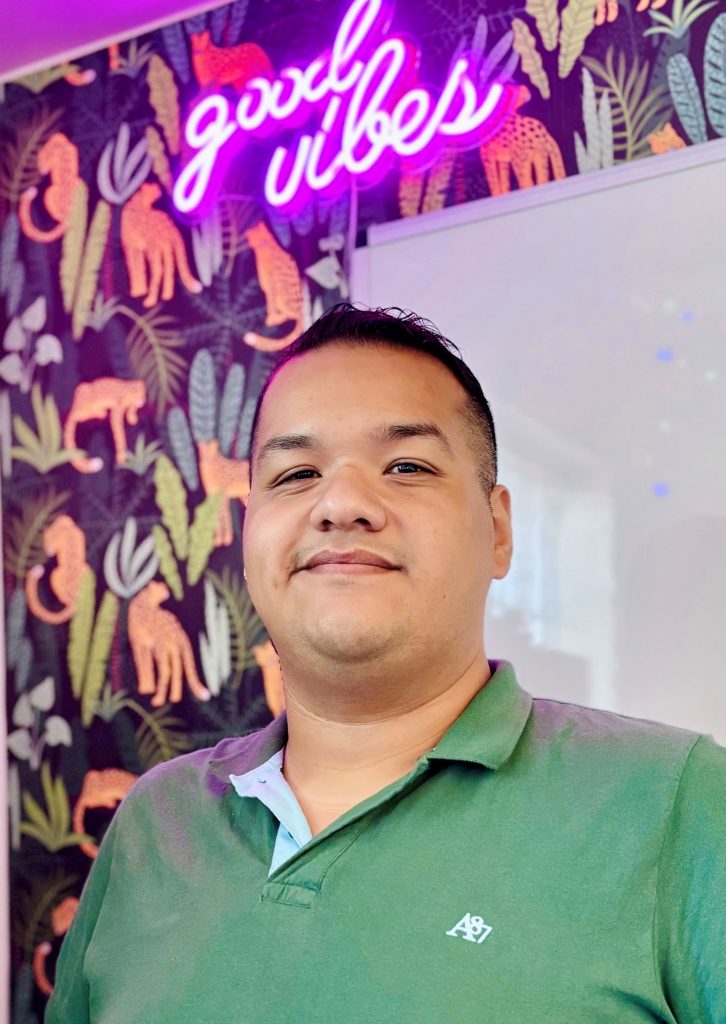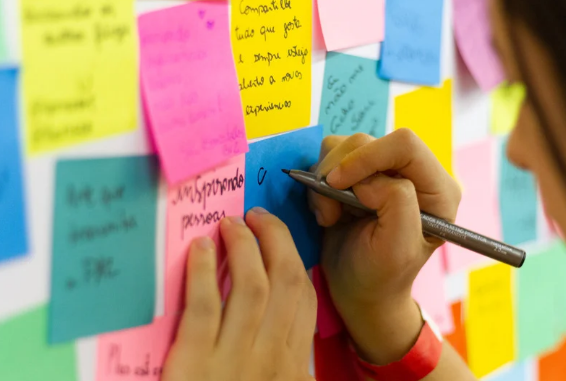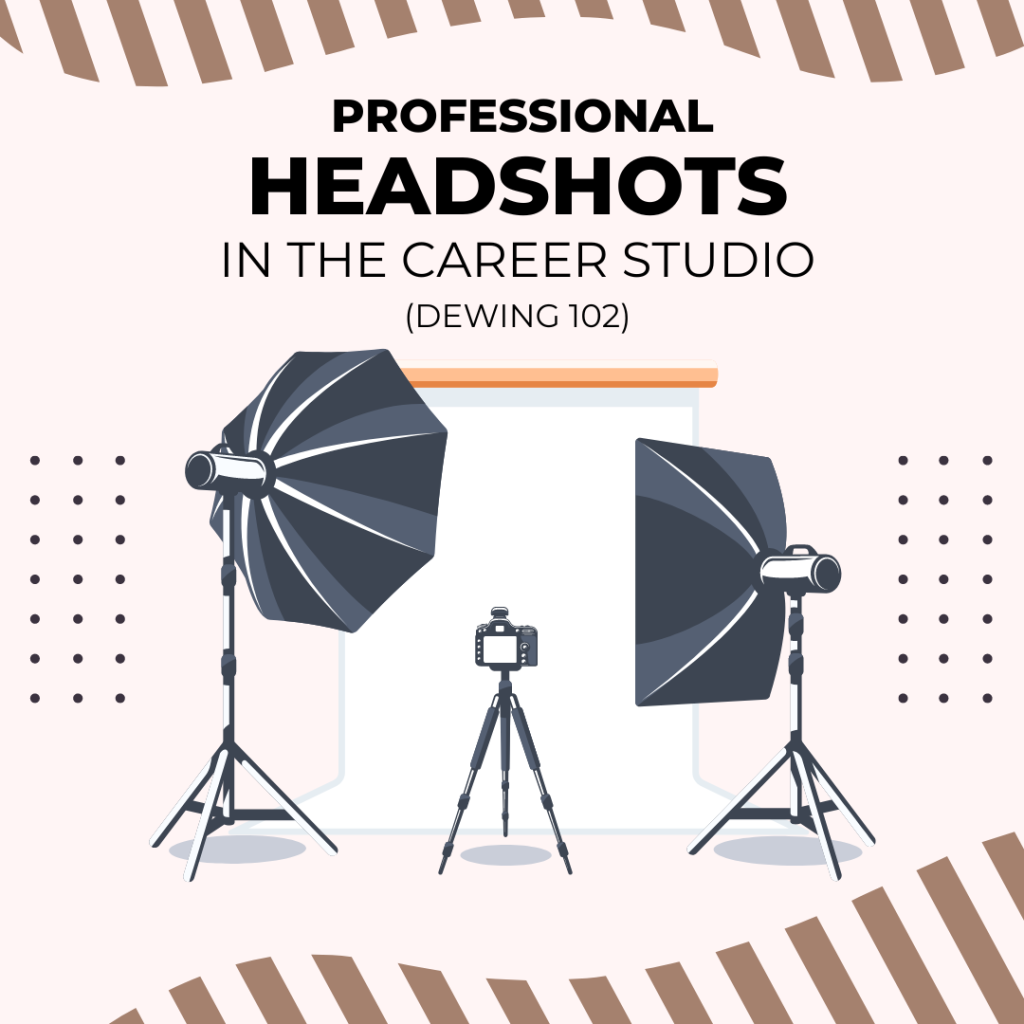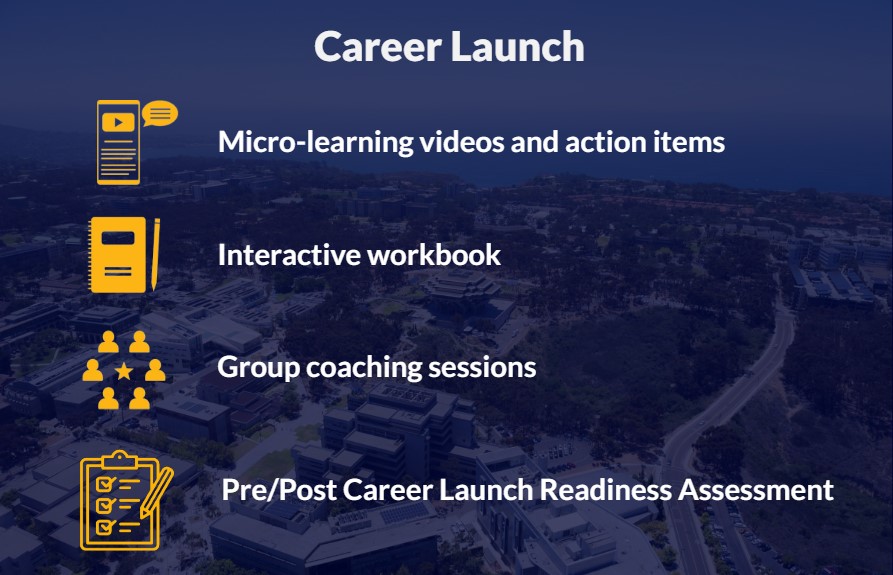This past spring, the Center for Career and Professional Development (CCPD), in collaboration with the Psychology Department, offered newly declared psychology majors a unique opportunity to explore their career possibilities through an innovative approach. Typically, Hornet Huddles—career conversations that connect students and alumni in one-on-one or small group settings—take place outside the classroom. However, this collaboration brought Huddles directly into the classroom during class sessions.
Hornet Huddles were integrated into two sections of the Sophomore Research Methods course, providing students with a direct link between their academic learning and real-world applications early in their academic journey. Each session began with alumni introductions, where they outlined their current roles, career trajectories, and how their education at Kalamazoo College influenced their professional paths. Students had the opportunity to meet with nine different alumni from a variety of industries.
Following the introductions, students engaged in virtual small group discussions with alumni who captured their interest. This format encouraged personalized interactions and deeper conversations about specific career paths. During the hour-long sessions, each student had the chance to meet with 2-3 different alumni, allowing them to explore multiple career options.
The small group settings fostered a dynamic environment where students could ask questions, seek advice, and learn directly from the experiences of K alumni. Conversations ranged from practical inquiries about day-to-day responsibilities in psychology-related roles to aspirational discussions on leveraging a psychology degree for long-term career success.
Alumni shared insights into a wide range of careers, including clinical psychology, research, human resources, and more, demonstrating the versatility of a psychology degree. They also offered valuable tips on navigating the job market, pursuing graduate studies, and the importance of networking and continuous learning.
We are grateful for the collaboration between our two departments and for the time and expertise shared by our alumni.
Alumni who are interested in supporting K students’ career development are encouraged to complete the CCPD Alumni Engagement Interest Form.




